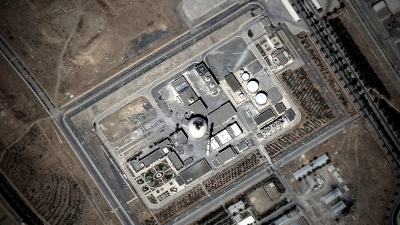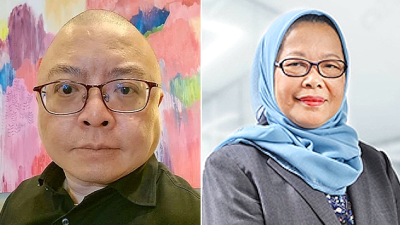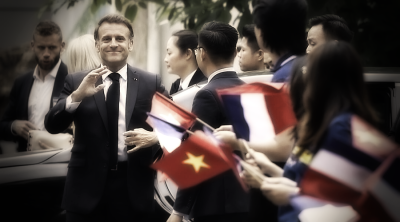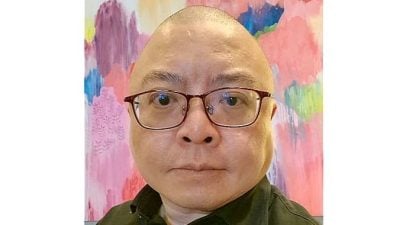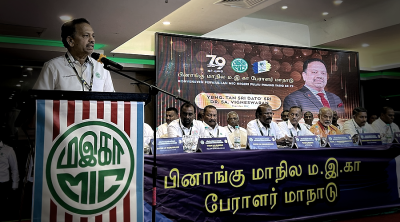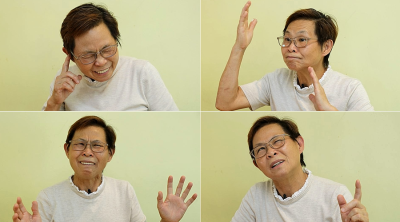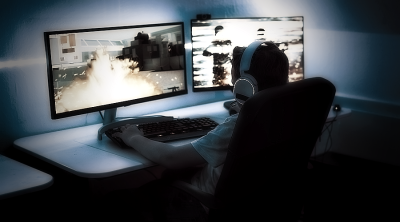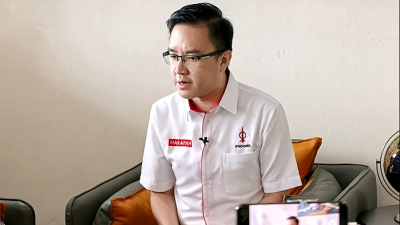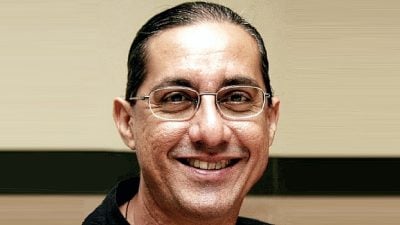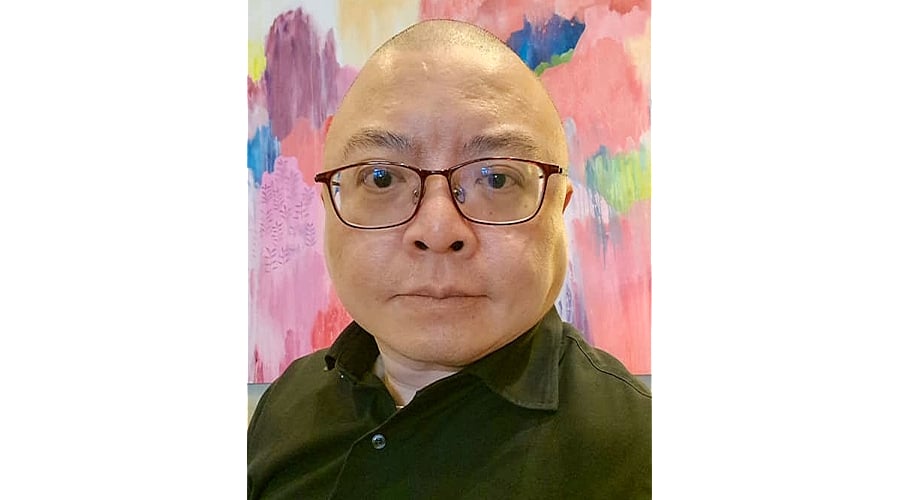
In an age where the international system teeters between chaos and irrelevance, the world’s political and diplomatic ramparts appear visibly worn.
The post-Cold War architecture—once anchored in the promise of multilateralism, liberal values, and institutions like the United Nations and Bretton Woods frameworks—has been rendered ineffective against global pandemics, climate change, rising wars, and nuclear brinkmanship.
Even the Group of Seven, once the informal boardroom of global governance, now mirrors a dysfunctional family gathering where unity is performative and strategic coherence elusive.
The time has come to ask not what we can salvage from the ruins of the old world order, but what new pillars can be erected—anchored not merely in might or markets, but in morals.
It is in this context that the ethical confluence of Islam and Confucianism emerges not as an exotic philosophical digression, but as a foundational logic for a new subsector of world order—an axis of restraint, reciprocity, and responsibility.
Both Islam and Confucianism are among the most enduring moral traditions in human history.
While divergent in theology, they converge in their profound commitment to justice, moral governance, learning, and the harmony of society and nature.
Islam’s concept of ʿadl (justice), rahmah (compassion), and shura (consultation) closely parallels Confucianism’s yi (righteousness), ren (benevolence), and li (ritual propriety).
These shared virtues challenge the raw individualism and transactional diplomacy that have corroded the soul of contemporary international relations.
The Islamic concept of ummah, a moral community, and the Confucian idea of datong (大同) or “great harmony” envision societies rooted not in dominance but in ethical mutuality.
Both traditions elevate learning and ethical cultivation—ʿilm in Islam and xue (學) in Confucianism—as prerequisites for leadership.
A just ruler in Islamic political thought is one who governs with amanah (trust), while the Confucian junzi (君子), or “superior man,” embodies moral rectitude and self-cultivation.
These visions are antidotes to the crisis of leadership that plagues the current order.
The global landscape cries out for such values. From Gaza to Ukraine, from Myanmar to Iran, the language of international law has lost its force when detached from justice.
What remains is not a rules-based order, but a power-based disorder.
The relentless return of great power competition—between the US and China, NATO and Russia—leaves little room for middle powers or smaller civilizations to assert a normative space.
Yet that space must be reclaimed, not with weapons, but with wisdom.
It is here that a formal Islam–Confucianism Dialogue must be institutionalized—not as a nostalgic revival of the past, but as a forward-looking platform for ethical statecraft.
A new dialogue architecture—perhaps called the Islam–Confucian Ethical Order Initiative—should be created as a Track 1.5 mechanism, involving both governments and thought leaders.
The aim: to construct a “civilizational safety net” to temper the hubris of raw geopolitics with values that emphasize human dignity, restraint, and moral leadership.
Such a framework could begin modestly. First, by establishing an annual Ethical Summit on Global Order co-hosted by Malaysia and China.
Second, by launching joint academic centers—such as an Center for Confucian-Islamic Civilizational Dialogue at International Islamic University Malaysia (IIUM) and International Confucianism Association (ICA).
Third, by publishing Ethical Reviews of Global Affairs to offer critical perspectives on international events, echoing the moral assessments once offered by both religious jurists and Confucian scholars.
From the climate crisis to AI governance, from poverty alleviation to just peace-making, the ethical contributions of these two civilizations can be synthesized into a practical moral compass for 21st-century diplomacy.
For instance, in environmental governance, the Islamic concept of khalifah (stewardship) can be harmonized with Confucianism’s emphasis on tian ren he yi (天人合一)—the unity between heaven and humanity. In artificial intelligence, both traditions advocate that knowledge must serve ethical ends, not instrumental dominance.
This endeavor does not demand homogeneity, nor the erasure of difference. Rather, it insists on harmony without uniformity—echoing Confucius’ wisdom: “The gentleman seeks harmony, not sameness.”
Reordering the world does not begin in Washington, Brussels, or Beijing alone. It begins in the ethical imagination of civilizations long committed to justice, self-restraint, and human dignity. It begins where spiritual humility meets political wisdom.
It begins when Islam and Confucianism are not frozen in museum glass or reduced to cultural artifacts, but brought forth as active sources of guidance for global renewal.
In a time when might makes right, and peace is held hostage by the whims of the powerful, the ethical confluence of Islam and Confucianism offers something far more enduring—a compass, not a weapon; a covenant, not a contract.
It may not yet be the new world order. But it can be the moral floor on which a better one is built.
Let us not underestimate this quiet revolution of the spirit.
(Dr Phar Kim Beng is Professor of ASEAN Studies, International Islamic University Malaysia, and Cambridge Commonwealth Scholar.)
ADVERTISEMENT
ADVERTISEMENT






